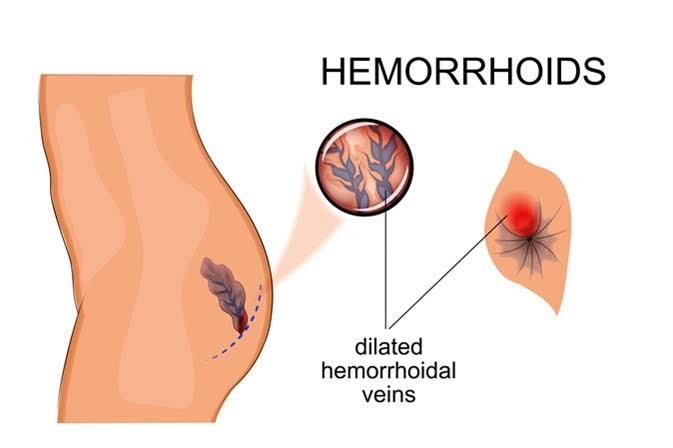Introduction
Constipation is a common digestive issue that affects people of all ages. It is characterized by infrequent bowel movements or difficulty passing stools. In this blog post, we will explore the causes of constipation and provide tips on how to prevent and treat it.
Causes of Constipation
Several factors can contribute to constipation. These include:
- Diet: A diet low in fiber and high in processed foods can lead to constipation. Fiber helps add bulk to the stool and promotes regular bowel movements.
- Dehydration: Not drinking enough water can cause the stool to become hard and difficult to pass.
- Lack of physical activity: Regular exercise helps stimulate the muscles in the intestines, promoting bowel movements.
- Medications: Certain medications, such as painkillers, antidepressants, and iron supplements, can cause constipation as a side effect.
- Medical conditions: Conditions like irritable bowel syndrome (IBS), hypothyroidism, and diabetes can contribute to constipation.
- Ignoring the urge to have a bowel movement: Ignoring the body’s natural urge to have a bowel movement can lead to constipation over time.
Prevention of Constipation
Fortunately, there are several lifestyle changes you can make to prevent constipation:
- Increase fiber intake: Include more fruits, vegetables, whole grains, and legumes in your diet. These are rich in fiber and can help promote regular bowel movements.
- Stay hydrated: Drink plenty of water throughout the day to keep your stools soft and easy to pass.
- Exercise regularly: Engage in physical activity, such as walking, jogging, or yoga, to stimulate the muscles in your intestines.
- Establish a regular bathroom routine: Make time for a bowel movement each day, preferably after a meal when the body’s natural reflexes are stronger.
- Avoid holding in stools: Respond to your body’s urge to have a bowel movement promptly.
- Manage stress: High levels of stress can affect your digestive system. Practice relaxation techniques like deep breathing or meditation to help alleviate stress.
Treatment for Constipation
If you are already experiencing constipation, there are several remedies that can provide relief:
- Increase fiber intake: Add more fiber-rich foods to your diet gradually. You can also consider taking a fiber supplement like psyllium husk.
- Over-the-counter laxatives: There are various types of laxatives available, including bulk-forming, osmotic, stimulant, and lubricant laxatives. However, it is important to use them sparingly and only as recommended by a healthcare professional.
- Probiotics: Probiotic supplements or foods like yogurt can help regulate bowel movements by improving gut health.
- Herbal remedies: Certain herbs, such as senna or aloe vera, have natural laxative properties and can provide relief from constipation. Consult a healthcare professional before using any herbal remedies.
- Medical intervention: In severe cases of constipation, a healthcare professional may prescribe medications or perform procedures to alleviate the condition.
Conclusion
Constipation can be a frustrating and uncomfortable condition, but with the right lifestyle changes and treatment options, it can be effectively managed. By adopting a high-fiber diet, staying hydrated, exercising regularly, and listening to your body’s natural cues, you can prevent and alleviate constipation. If your symptoms persist or worsen, it is important to consult a healthcare professional for proper diagnosis and guidance.




